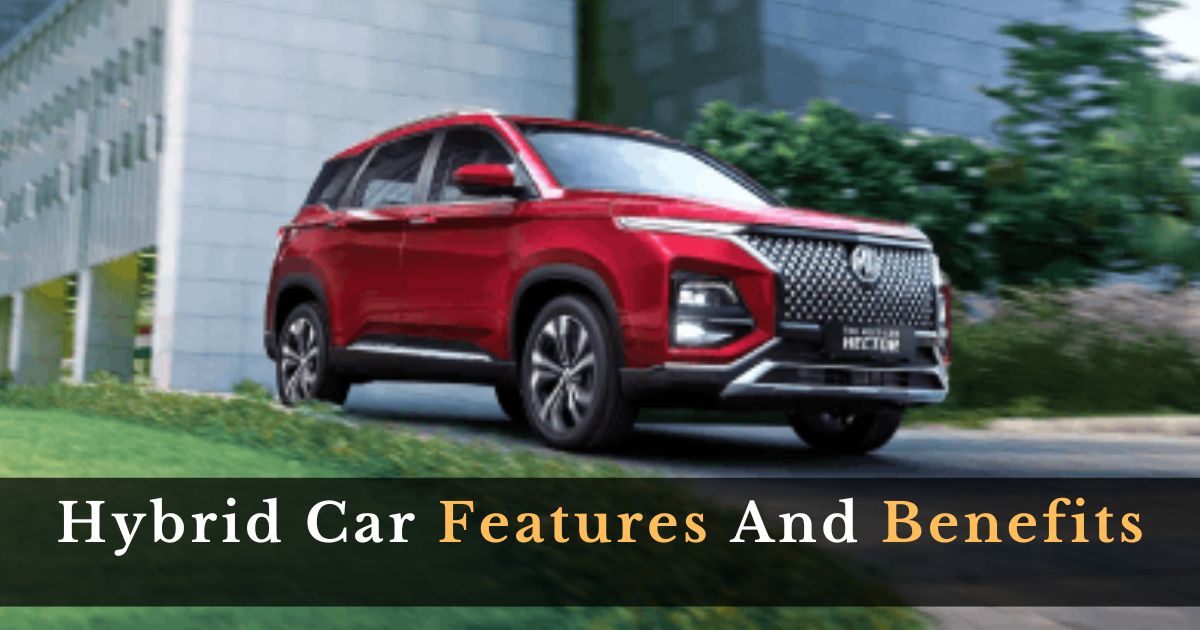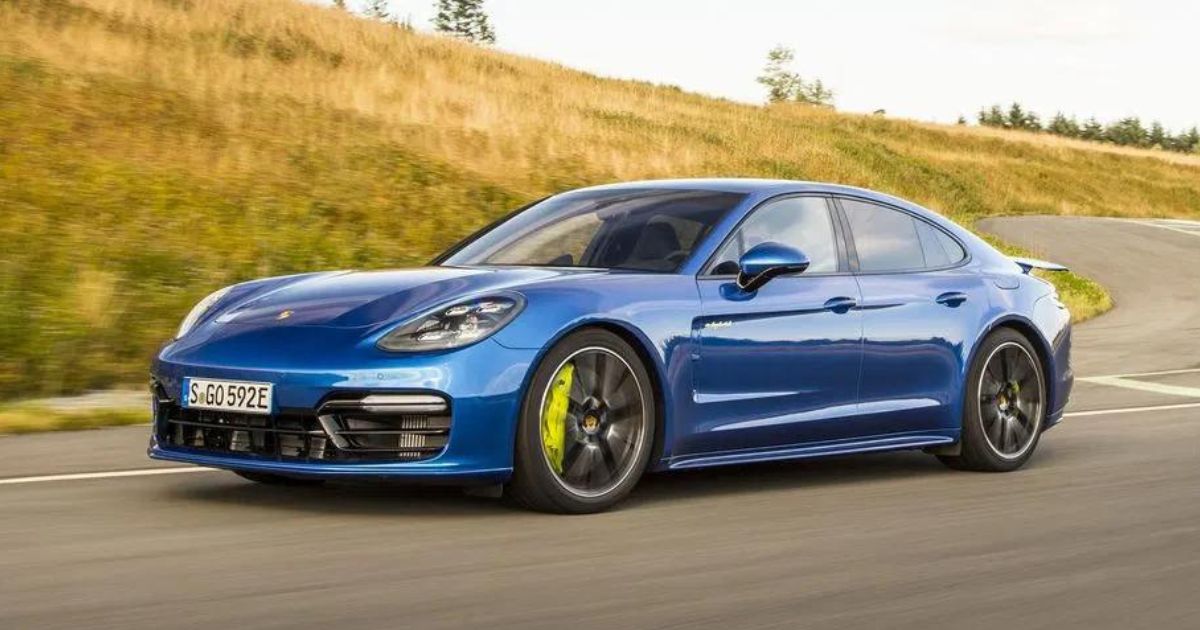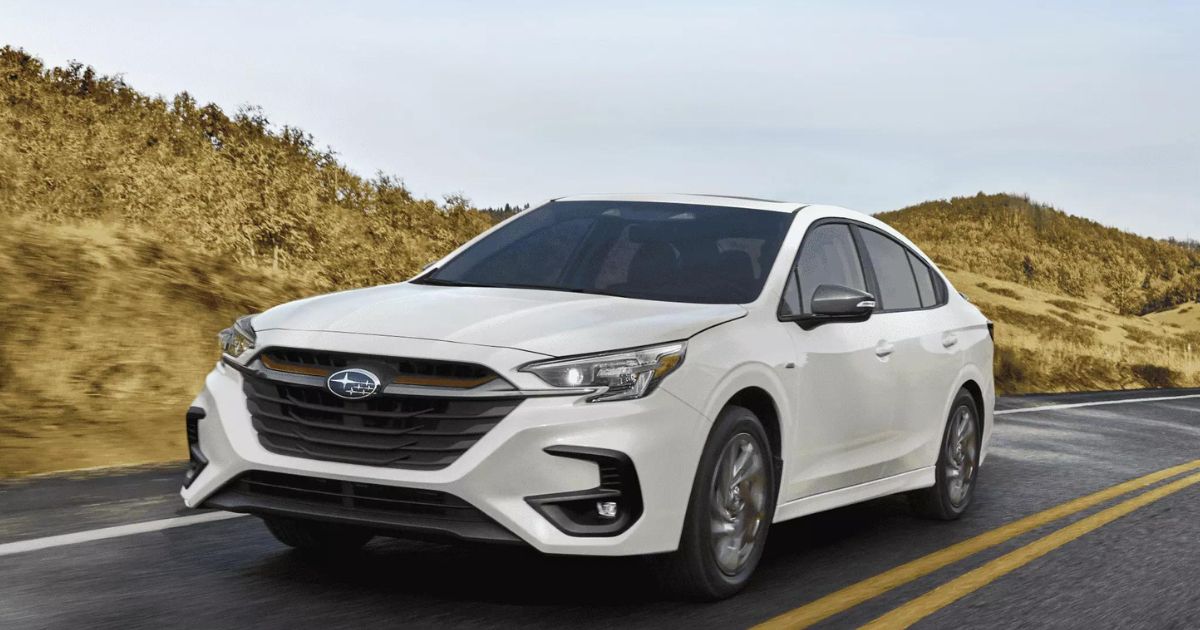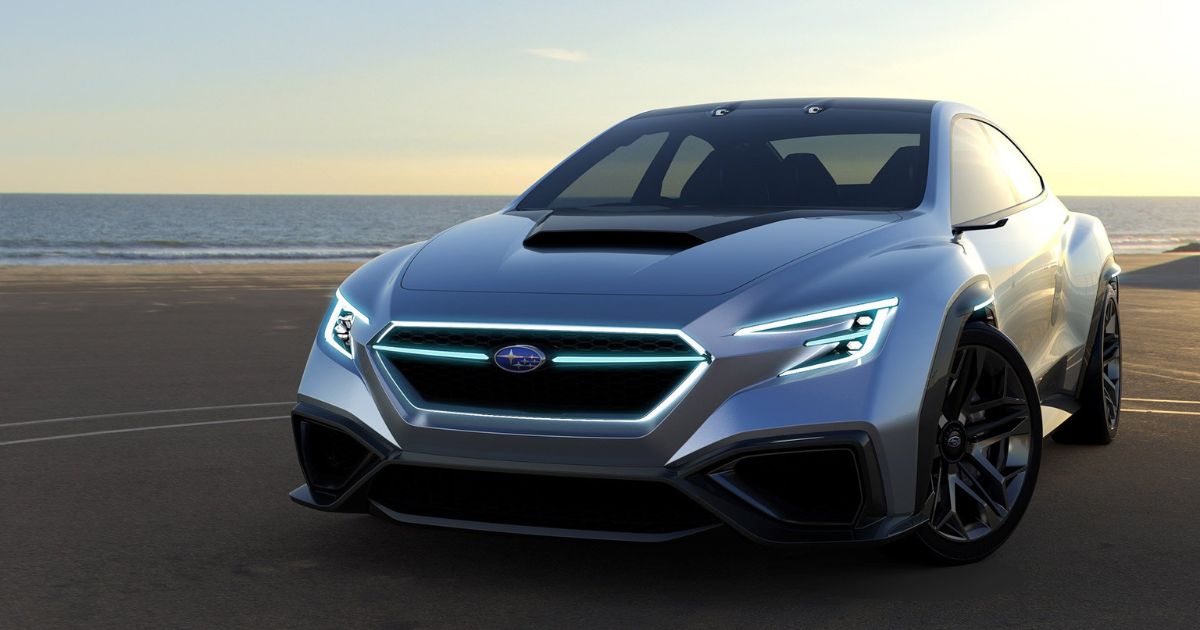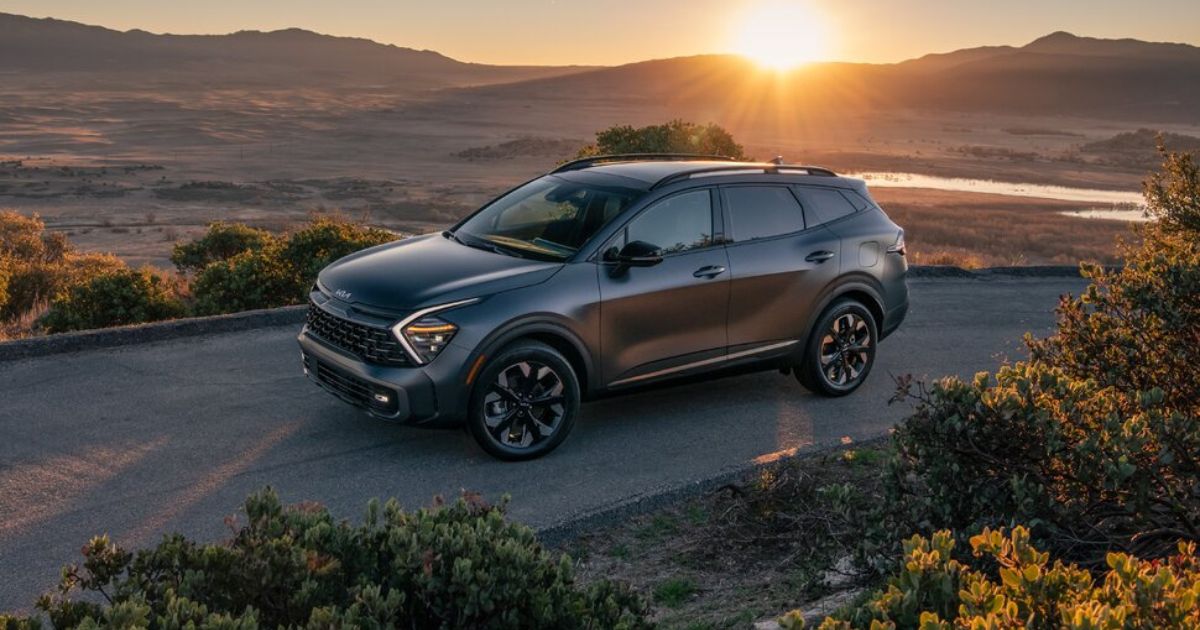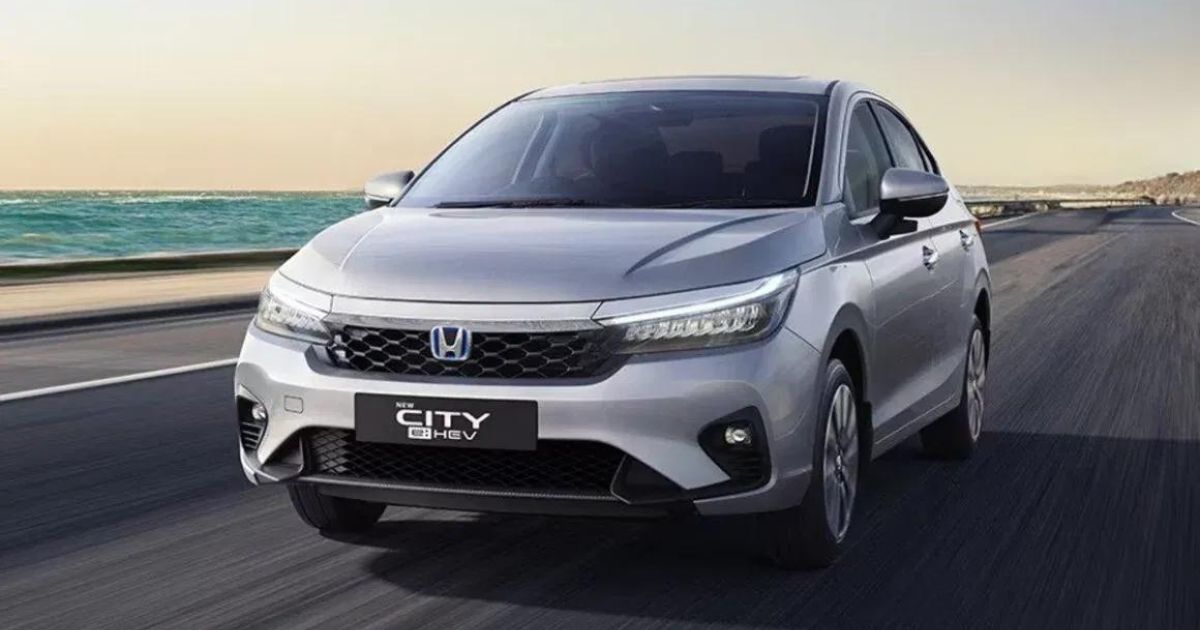Hybrid car features and benefits, Hybrid cars have become increasingly popular in recent years due to their eco-friendly nature and impressive fuel efficiency. If you’re considering a hybrid but want to know more about what makes them special, here’s a breakdown of their key features and benefits in straightforward terms.
Introduction
Hybrid cars are becoming more popular as people look for ways to save money on gas and reduce their impact on the environment. In this article, we’ll explore the features and benefits of hybrid cars in simple terms so everyone can understand.
What are Hybrid Cars?
Definition and Basic Concept
A hybrid car combines a traditional gasoline engine with an electric motor to power the hybrid vehicle. This dual system allows the car to switch between using gas and electricity, making it more efficient.
History of Hybrid Cars
Hybrid cars have been around since the late 1990s, with the Toyota Prius being one of the first to hit the market. Over the years, many other manufacturers have developed their own hybrid models.
Types of Hybrid Cars
Full Hybrids
Full hybrids can run on just the electric motor, the gas engine, or a combination of both. They are very flexible and efficient.
Mild Hybrids
Mild hybrids can’t run on electricity alone but use the electric motor to assist the gas engine, improving fuel efficiency.
Plug-in Hybrids
Plug-in hybrids have larger batteries that can be recharged by plugging into an electrical outlet. They can travel longer distances on electricity alone compared to other hybrids.
Hybrid Car Features and Benefits
| Feature | Benefit |
| Fuel Efficiency |
– Reduced gas consumption and fuel costs <br> – Lower emissions for cleaner air
|
| Regenerative Braking |
– Captures energy during braking and recharges the battery <br> – Extends electric driving range and improves fuel economy
|
| Electric Motor Assist |
– Provides additional power for acceleration and passing <br> – Smoother driving experience
|
| Quiet Operation |
– Less engine noise for a more peaceful ride
|
| Tax Incentives |
– Potential federal and state tax credits for purchasing a hybrid car
|
| Multiple Driving Modes |
– Choose between electric, hybrid, or gasoline power depending on your needs
|
| Large Cargo Space |
– Many hybrid batteries are located under the rear seats, maximizing cargo space
|
| Advanced Technology |
– Often equipped with cutting-edge features like regenerative braking and electric motors
|
Key Features of Hybrid Cars
Dual Power Sources
Hybrid cars use both a gasoline engine and an electric motor, allowing them to switch between or combine the two power sources for optimal efficiency.
Regenerative Braking
This feature captures energy normally lost during braking and uses it to recharge the car’s battery, making the vehicle more efficient.
Electric Motor Drive/Assist
The electric motor can power the car by itself at low speeds or assist the gasoline engine when extra power is needed.
Automatic Start/Stop
This feature turns off the engine when the car is stopped and restarts it when the accelerator is pressed, saving fuel.
Benefits of Hybrid Cars
Fuel Efficiency
Lower Fuel Consumption
Hybrid cars use less gasoline because they can run on electricity for part of the time, which reduces fuel consumption.
Cost Savings
With lower fuel consumption, hybrid car owners spend less money on gas over time, which can lead to significant savings.
Environmental Impact
Reduced Emissions
Hybrid cars produce fewer emissions compared to traditional gasoline cars, helping to reduce pollution.
Eco-Friendly Technology
By using cleaner technology, hybrids contribute to a healthier environment.
Performance and Driving Experience
Smooth and Quiet Ride
The electric motor provides a smooth and quiet driving experience, especially at low speeds.
Power and Acceleration
The combination of electric and gasoline power can offer strong acceleration and a responsive driving experience.
Cost and Maintenance
Initial Cost
Hybrid cars can be more expensive to buy initially due to their advanced technology.
Long-term Savings
Despite the higher initial cost, the savings on fuel and potential tax incentives can make hybrids more economical in the long run.
Maintenance Requirements
Hybrid cars generally require less maintenance for their electric components, but the gasoline engine still needs regular servicing.
Comparing Hybrid Cars with Traditional Cars
Fuel Economy
Hybrids are more fuel-efficient, saving money on gas.
Emissions
Hybrids produce fewer emissions, making them better for the environment.
Performance
Hybrids can offer a good balance of performance and efficiency.
Cost of Ownership
Over time, hybrids can be cheaper to own due to lower fuel costs and potential incentives.
Popular Hybrid Car Models
Toyota Prius
One of the first and most well-known hybrids, the Prius is famous for its fuel efficiency and reliability.
Honda Insight
The Insight offers a similar experience to the Prius, with a focus on efficiency and affordability.
Ford Fusion Hybrid
The Fusion Hybrid combines hybrid technology with a stylish design and comfortable interior.
Future of Hybrid Cars
Technological Advancements
Advancements in battery technology and electric motors are making hybrids even more efficient.
Market Trends
As consumers become more eco-conscious, the demand for hybrid cars is expected to grow.
Hybrid cars offer numerous benefits, including better fuel efficiency, lower emissions, and cost savings. They provide a great option for those looking to reduce their environmental impact and save money on fuel. With ongoing advancements in technology, hybrid cars are likely to become even more popular in the future.
FAQs
Are hybrid cars worth the investment?
Yes, hybrid cars can save you money on fuel and offer environmental benefits, making them a worthwhile investment for many people.
How do hybrid cars help the environment?
Hybrid cars produce fewer emissions than traditional gasoline cars, reducing pollution and helping to protect the environment.
What is the lifespan of a hybrid car battery?
Hybrid car batteries typically last between 8 to 10 years, but this can vary depending on the make and model.
Do hybrid cars require special maintenance?
Hybrid cars require regular maintenance like any other car, but the electric components generally need less frequent servicing.
Can hybrid cars run on electricity only?
Some hybrids, like plug-in hybrids, can run on electricity alone for short distances, while others use a combination of gas and electric power.


